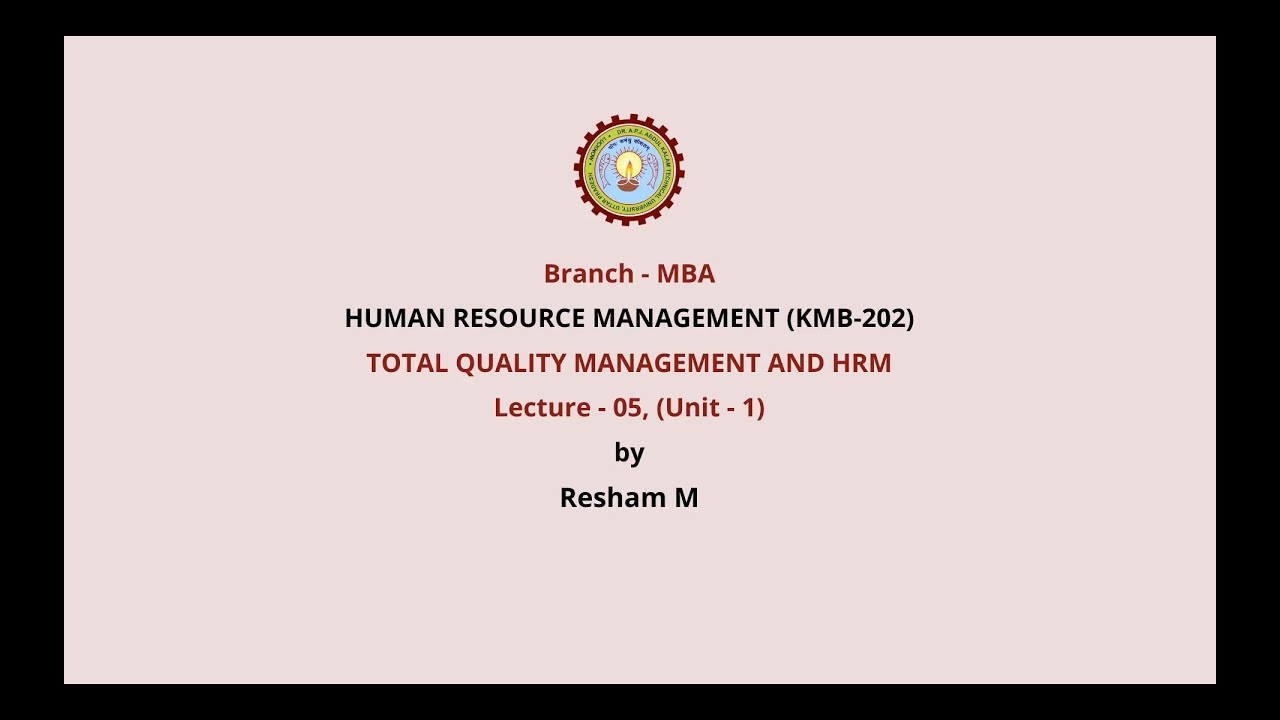3.4 Pengelolaan Keuangan dalam Perkawinan
Summary
TLDRThis training session discusses the essential principles of financial management within marriage. The speaker highlights the importance of understanding financial management to avoid conflicts in households. Key topics include the roles of trust, transparency, and mutual agreement in handling family finances, different approaches to financial management, and steps to create a financial plan. The session emphasizes balancing financial priorities such as daily needs, savings, and investment while ensuring the well-being of all family members. Ultimately, it encourages couples to use their financial resources wisely to foster a prosperous and harmonious family life.
Takeaways
- 😀 Financial management in marriage is essential to avoid conflicts and issues in the household.
- 😀 Financial management should be based on trust, transparency, and open communication between partners.
- 😀 There are differing views on money: 'Money is everything' versus 'Money is not everything,' and understanding these perspectives is crucial in a marriage.
- 😀 Money should be viewed as a tool, not a goal. It should serve to meet family needs and benefit others around us.
- 😀 It’s vital for couples to agree on values regarding money to ensure harmony in managing finances.
- 😀 There are four common approaches to managing finances in a marriage: full responsibility by the husband, partial allocation by the husband, combined incomes, and divided responsibilities.
- 😀 Couples should choose the financial management approach based on their income sources and mutual trust.
- 😀 Financial planning includes tracking income and expenses, identifying areas for saving, and setting financial goals.
- 😀 Setting priorities is key. For example, fulfilling basic needs, saving for emergencies, and preparing for children’s education.
- 😀 Budgeting should allocate funds for essentials, savings, personal expenses, and debt repayment, with experts advising that debt repayments should not exceed 30% of income.
- 😀 Financial plans must be regularly evaluated and adjusted as needed based on changes in family circumstances, such as new members or shifts in income.
Q & A
What is the main purpose of the financial management training for marriage?
-The main purpose is to equip individuals with knowledge on how to manage finances within a marriage, ensuring financial stability and avoiding conflicts caused by financial mismanagement.
Why is financial management in marriage considered more complex than personal financial management?
-Financial management in marriage involves managing the finances of two people, requiring mutual trust, transparency, and shared responsibility, making it more complex than individual financial management.
What are the two common views on money mentioned in the script?
-The two common views are: 1) 'Money is everything,' which sees money as essential for fulfilling all needs, and 2) 'Money is not everything,' which emphasizes that there are many things in life that cannot be bought with money.
How should money be viewed within a marriage according to the script?
-Money should be viewed as a tool, not a goal. It should be used to fulfill broader life goals, provide for the family, and benefit others, while maintaining gratitude and responsibility.
What are the four common approaches to financial management within a marriage?
-The four approaches are: 1) The husband covers 100% of family expenses, with the wife’s income being personal; 2) The husband allocates a portion of his income for the family, while keeping the rest for personal use; 3) Both spouses combine their incomes to manage family expenses; 4) Each spouse is responsible for different categories of expenses (e.g., the husband handles basic needs, and the wife handles leisure activities).
Why is it important to understand the sources of income in a marriage before choosing a financial approach?
-Understanding the sources of income is crucial because it determines how expenses can be managed, whether it’s just the husband's income, a combination of both incomes, or other external sources.
What is the significance of financial planning within a household?
-Financial planning is vital to ensure that available financial resources are maximized to meet both current and future family needs, while also preparing for unforeseen events or emergencies.
What steps should be taken when creating a financial plan for a household?
-Key steps include: 1) Recording income and expenses to evaluate financial balance; 2) Setting goals and priorities for the household; 3) Creating a budget with allocated percentages for various expenses; 4) Choosing appropriate financial tools, such as savings accounts or investments, for different goals.
What is the suggested maximum percentage of income that should be allocated to debt repayment?
-Financial experts recommend that debt repayments should not exceed 30% of a household's regular income to avoid disrupting family needs and ensure the sustainability of the financial plan.
How should the financial plan be adjusted if there are significant changes in the family’s circumstances?
-The financial plan should be reevaluated and adjusted to accommodate changes such as an increase in family members, changes in income, or new financial obligations to ensure that goals are still achievable.
Outlines

This section is available to paid users only. Please upgrade to access this part.
Upgrade NowMindmap

This section is available to paid users only. Please upgrade to access this part.
Upgrade NowKeywords

This section is available to paid users only. Please upgrade to access this part.
Upgrade NowHighlights

This section is available to paid users only. Please upgrade to access this part.
Upgrade NowTranscripts

This section is available to paid users only. Please upgrade to access this part.
Upgrade NowBrowse More Related Video

Akuntansi Pemerintah SMK Kelas XI - Pencatatan Keuangan Pemerintah Daerah

Business Organization Part 1

REVISE 60-70% of CCNA CONCEPTS, 25 MUST KNOW CCNA CONCEPTS, CCNA Certification Guide

Vídeo de revisão - Gestão contábil

How Should Christians Save and Invest? | Costi Hinn | EP 234

Human Resource Management | Total Quality Management and HRM | AKTU Digital Education
5.0 / 5 (0 votes)